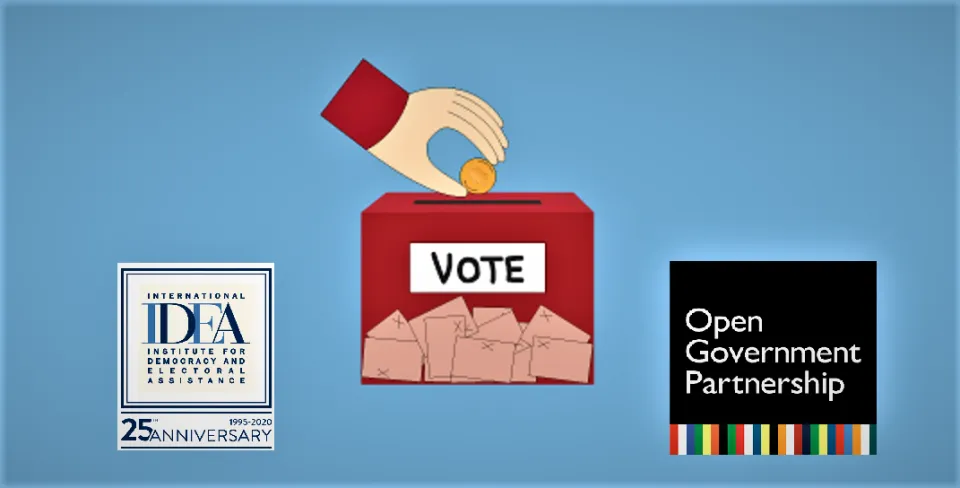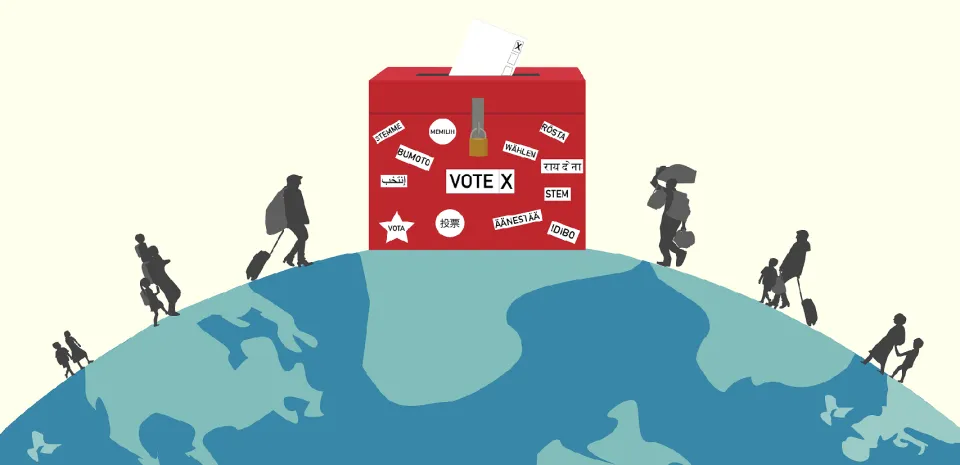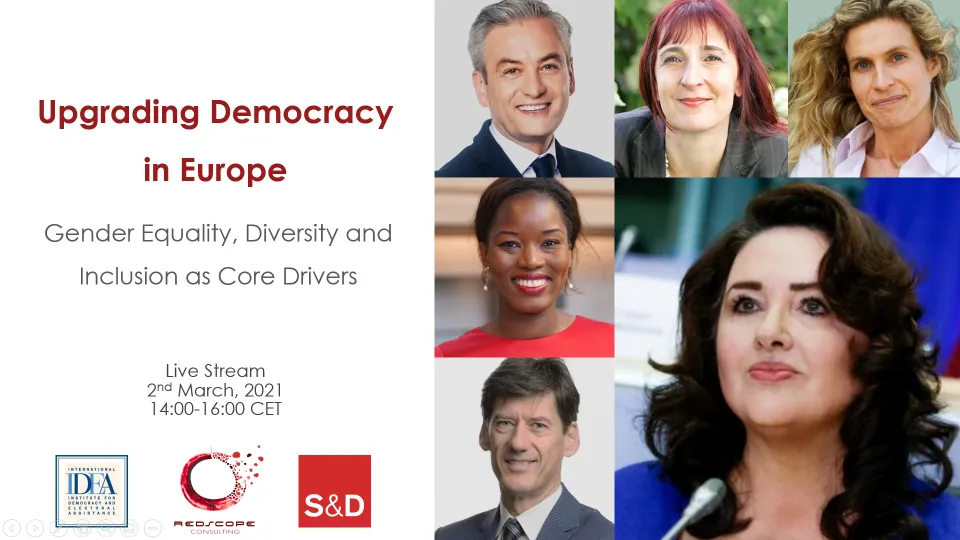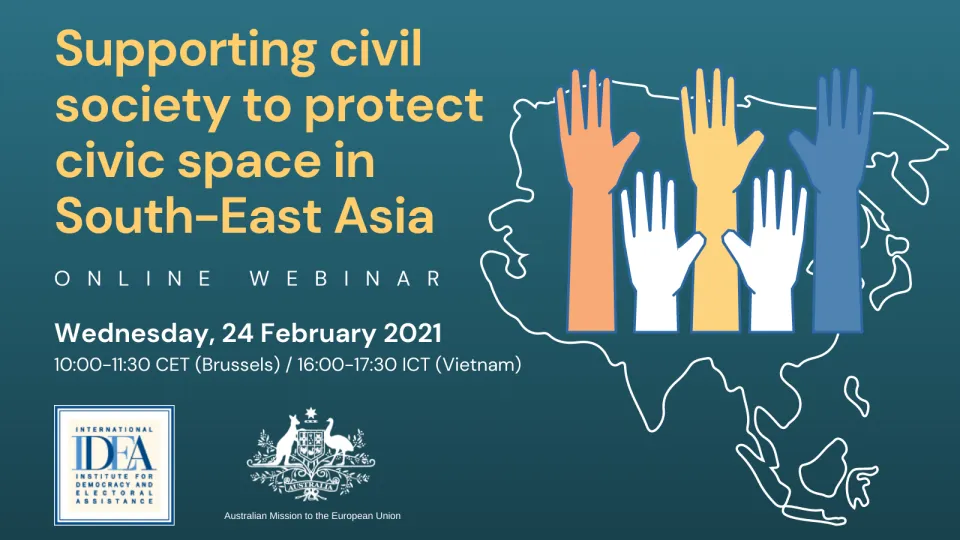Towards constructive citizenship through integration, civic education and intergenerational dialogue
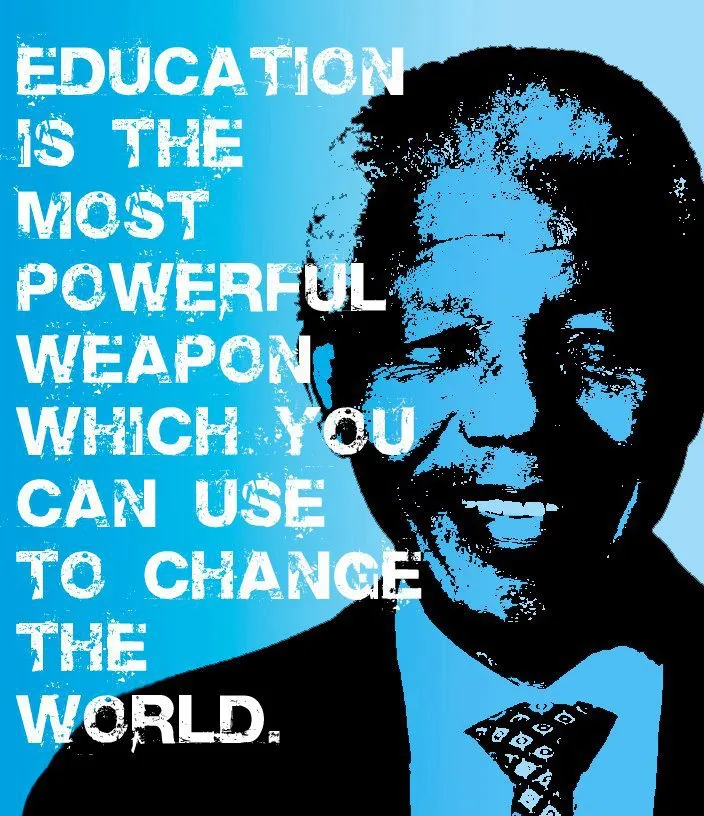
The Office of International IDEA to the European Union, with support of the Canadian Mission to the European Union and the European Institute for Asian Studies (EIAS), and in collaboration with the European Institute of Peace, is organizing a Roundtable,“Towards constructive citizenship through integration, civic education and intergenerational dialogue”[1], which is scheduled to take place in Brussels on Thursday, 23 March 2017.
Even though a number of projects are being implemented in the field of civic education and integration, as well as the prevention of radicalization, there have been calls for a more structural approach under the broader theme of civic education for youth.
The Roundtable discussion will bring together a number of practitioners and other stakeholders in the area of civic education for youth to exchange views on the needs and definition of a framework for civic education. The objective is to assess the scope of instruments available to places of learning and training providers in the light of the promotion of citizenship, integration and the prevention of radicalization. More concretely, participants will discuss the need for the development of a policy framework and the feasibility of a concurrent launch of a pilot initiative on civic education.
At the Belgium and European levels, and even beyond, this initiative could initiate a Belgian and pan-European wide dialogue to develop and define a common civic education programme funded by the European Commission.
Civic education is not only a matter of facilitating integration - it is a key element to the reinforcement of social cohesion and stability in democratic societies. To this end, the Roundtable will address, inter-alia, the following questions:
- How can civic education help strengthen social cohesion and address the polarisation and radicalisation challenges?
- How can civic education be promoted in formal and non-formal educational environments to improve the understanding of democracy, and the role played by citizens to support and strengthen democracy?
- How can a structural approach contribute to inspiring teachers, school heads and other educators in the field of civic education to improve and advance their knowledge and skills?
- How do the young perceive civic education? Is sufficient effort being made to understand the concerns and needs of young people, and do we create the space to listen? How is the debate on civic education versus conspiracy theories being tackled?
- Can intergenerational exchanges and involvement contribute to the forming of a holistic concept of citizenship, including an improved understanding of democratic values, citizen’s rights and obligations, human rights, tolerance and diversity?
- Can civic education improve the understanding of the role of emotions in the political process?
- Which challenges are civic education initiatives facing?
- How can the focus on civic education be reinforced at policy level? Is structural funding needed? Would a policy document support this objective, and what should be its focus areas?
[1] To promote inclusive participation of all generations in democracy, the Office of International IDEA to the European Union developed modalities for an intergenerational dialogue for democracy to address the democracy deficit between generations. One key recommendation is to include the intergenerational dialogue within European Union social and economic policies, and especially to redefine civic education in European countries. International IDEA’s work on the intergenerational dialogue for democracy and the development of a Youth Democracy Curriculum could be used to improve the understanding of democracy, and the role played by citizens to support and strengthen democracy.
